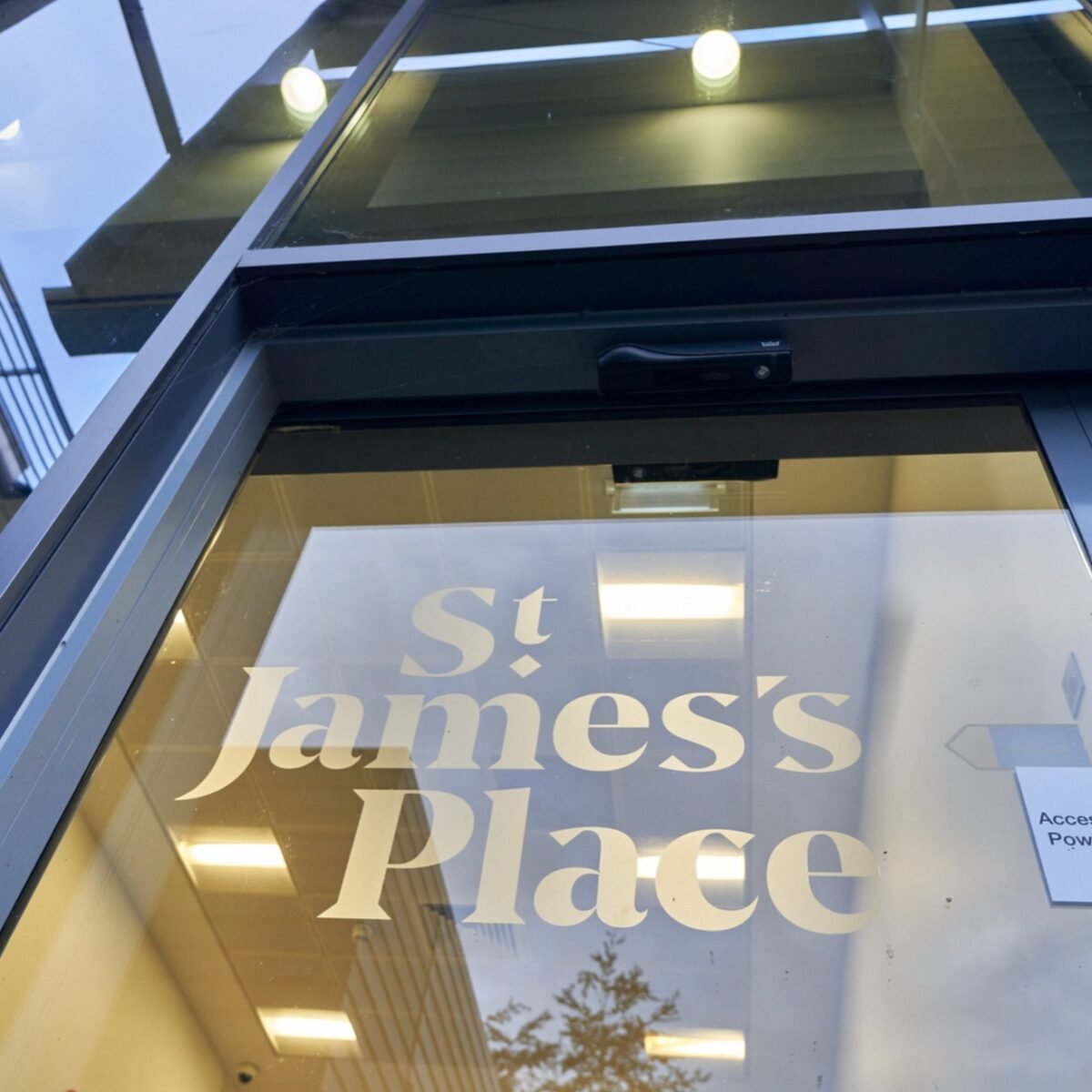St James’s Place took the unenviable top two spots for the largest underperforming funds.
The company’s £9.4bn Global Quality fund has underperformed its benchmark by 26 per cent over the past three years.
The latest Bestinvest Spot the Dog report saw SJP’s £5.27bn Sustainable and Responsible Equity fund coming in second place in terms of the largest underperforming funds.
The report said the Global Quality fund’s style had “long been out of favour”.
Meanwhile SJP has recently announced the Sustainable and Responsible Equity fund will have a new manager running it from this month who will make changes including “incorporating a more balanced blend of investment styles” and increasing the number of underlying companies it invests in.
An SJP spokesperson told FT Adviser the company was “committed to continually enhancing” its funds and said improvements it had made to the pair of funds in question were yet to feed through to performance.
They added: “Currently, our fund performance is calculated after the deduction of a single ongoing charge that covers the cost for external fund management, administration and financial advice.
“This creates an additional hurdle when comparing performance with other funds in the market. The unbundling of our charges later this year will, however, make comparisons like these possible on a like-for-like basis so clients can more clearly understand the relative value each of our funds provide.”
Bestinvest said the number of large funds underperforming was a concern, with 15 funds of more than £1bn in size. This accounted for 60 per cent of the overall lagging assets at £40.14bn.
This is an increase on the 10 such funds recorded in the last report which had a combined value of £26.81bn.
Among the large funds featured on the list are Lindsell Train UK Equity and Liontrust Special Situations.
To appear on the dog list a fund must underperform its benchmark over three consecutive 12‑month periods and by 5 per cent or more over the entire three year period analysed.
This time 137 funds met this criteria — the same number as the last report in August 2024.
|
Fund |
IA Sector |
Size (£bn) |
Value of £100 invested after 3 years |
3-year under |
|
|---|---|---|---|---|---|
| 1 | SJP Global Quality Fund | Global | 9.43 | £104.45 | -26 |
| 2 | SJP Sustainable & Responsible Equity | Global | 5.27 | £106.36 | -24% |
| 3 | Fidelity Global Special Situations | Global | 3.32 | £116.19 | -14% |
| 4 | Liontrust Special Situations | UK All Companies | 2.7 | £97.11 | -22% |
| 5 | Lindsell Train UK Equity | UK All Companies | 2.67 | £100.62 | -18% |
| 6 | Fidelity Asia | Asia Pacific Excluding Japan | 2.37 | £94.57 | -12% |
| 7 | JPM Emerging Markets | Global Emerging Markets | 2.24 | £87.23 | -15% |
| 8 | BNY Long-Term Global Equity | Global | 2.14 | £114.13 | -16% |
| 9 | Janus Henderson Global Sustainable Equity | Global | 1.95 | £110.81 | -19% |
| 10 | CT American | North America | 1.79 | £125.36 | -11% |
The report also included the overall worst performing funds, with the £6mn Artemis Positive Future fund holding the title of worst performer.
This fund underperformed its benchmark by 63 per cent over three years.
The fund was launched in April 2021 with a focus on companies “making a positive difference in the world”.
An Artemis spokesperson said many of the investments in the fund were early-stage companies carrying larger levels of debt which were hit hard by soaring interest rates.
They added: “Since February 2024 we’ve had a new team in place. Artemis head of impact equities Sacha El Khoury is now running the fund.
“The fund has shifted its emphasis towards larger companies, but the focus is still on those that make a positive environmental or social difference. We believe there is still a place for funds that focus on positive investing and are confident that over time the steps we have been taking will make the fund more resilient and returns more reliable.”
The Artemis fund was followed by a pair of Baillie Gifford funds in second and third place.
Baillie Gifford’s Global Discovery fund underperformed by 56 per cent and its Japanese Smaller Companies underperformed by 49 per cent.
Bestinvest said the scale of underperformance was “notable”, with all of the funds in its list underperforming by more than 10 per cent over the three years in question.
|
Fund |
IA Sector |
Size |
Value of £100 invested after 3 years |
3-year under performance (%) versus benchmark |
|
|---|---|---|---|---|---|
| 1 | Artemis Positive Future Fund | Global | 0.01 | £66.72 | -63% |
| 2 | Baillie Gifford Global Discovery Fund | Global | 0.43 | £54.17 | -56% |
| 3 | Baillie Gifford Japanese Smaller Companies | Japan | 0.14 | £63.76 | -49% |
| 4 | Aegon Sustainable Equity | Global | 0.17 | £81.39 | -49% |
| 5 | L&G Future World Sustainable UK Equity Focus | UK All Companies | 0.02 | £72.28 | -47% |
| 6 | Wheb Sustainability Impact | Global | 0.58 | £83.73 | -46% |
| 7 | SVM World Equity | Global | 0.06 | £83.95 | -46% |
| 8 | Axa Act People & Planet Equity | Global | 0.03 | £86.33 | -44% |
| 9 | Heriot Global Smaller Companies | Global | 0.02 | £86.82 | -43% |
| 10 | Axa Act Framlington Clean Economy | Global | 0.05 | £88.69 | -41% |
Worst performing sectors
Global equity funds continued to be the sector with the largest number of underperforming funds.
Of the 137 funds on the list, 44 were global equity funds which held a total of £35.16bn. This was the same number as appeared last summer.
The sector with the highest median underperformance was Japanese equities.
Even though only seven Japan funds made the list — 19 per cent of the sector — the median underperformance was 25 per cent.
All but one of the seven Japanese dogs lost more than 20 per cent over the three year period.
In the UK All Companies sector, things have improved a little since the last report, with the number of dogs falling from 44 to 30.
But the UK Smaller Companies sector took the title for having the highest proportion of dog funds.
There were 11 underperforming funds, accounting for 28 per cent of the sector.
ESG funds also had a tough time, which has been partly put down to soaring energy prices and negative returns from alternative energy shares in 2023 and 2024.
Jason Hollands, managing director of Bestinvest, said: “Over the three year period covered in our latest report, the MSCI World Energy index delivered a total return in sterling of 71.3 per cent, well ahead of the MSCI All Countries World index total return of 28.6 per cent.
“Compare this to the alternative and renewable energy market, which fell out of favour during the post-pandemic surge in energy demand, and the story is very different; the MSCI Global Alternative Energy index declined by 48.8 per cent over the same three year period highlighting why managers focused on green energy may have faced some challenges.”
tara.o’connor@ft.com
What’s your view?
Have your say in the comments section below or email us: ftadviser.newsdesk@ft.com





